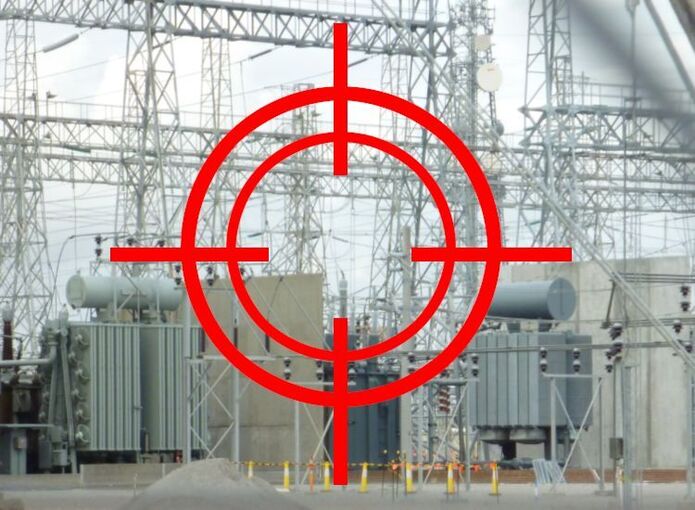Tens of thousands of people were recently plunged into darkness as they lost power because of simple gun attacks on electrical substations in North Carolina. The U.S. electric grid is extremely vulnerable to this kind of attack because our substations are not secure and guns are ubiquitous. Ironically, the guns that many Americans own for security now are a major threat to the security of their homes via the electric grid. There are literally more guns than people in the U.S., and although the vast majority of gun owners are law abiding, only one of them needs to attack a substation to turn out the lights in your region. Worse, a systematic attack by terrorists could threaten long-term blackouts that would be severely disruptive. As supply chains remain unstable, the ramifications of this could also be long lasting.
There are two stages of preparedness you can take to make your family more secure in the face of blackouts of the power grid.
1. Short-term blackouts
For short-term blackouts during the winter, you want to make sure you have a source of heat that does not depend on electricity as backup. Even if you have a gas furnace, realize that these generally do not work without electricity. Wood fireplaces or battery backup gas fireplaces are good options. In addition, a battery or small generator can be enough to power heating and other critical electric devices, like your cell phone or medical equipment. In the summer, apart from critical devices, such backup will be good for ensuring food does not go bad in your refrigerator and freezer. You can buy this equipment online or at local retailers like Wal-Mart.
2. Long-term blackouts
For a long-term blackout, a distributed source of electricity is needed. You do not need to run all of your appliances – and a small generator that can handle your critical devices is a manageable expense for most families. Although generators have the least upfront cost, they depend on fuel (diesel or propane), which makes them prohibitively expensive for longer durations, and worse, they are dependent on a fuel supply that may be disrupted.
A better choice is to adopt an approach used by the U.S. military: create a solar-powered microgrid for your house that provides long-term electricity security (and as a bonus will save you money).
If you are not wealthy, you can radically reduce the cost of a solar-powered emergency system by building it yourself. The book "To Catch the Sun" explains how to build small modular solar-powered systems with small batteries. There are step-by-step instructions that anyone who is reasonably handy can follow, and you can download a pdf of the whole book for free. To be able to afford it, you again do not need to power your whole house. Focus on your most critical loads – the electrical devices you must have if the grid is down for more than week. Covering these loads will give you piece of mind during a blackout and can be used normally to offset some of your electric bills and save money. You can build these small systems up over time (after you do the first one, it is much easier).
If you are wealthy, you can afford a full house solar photovoltaic system with battery backup and a backup generator, or a combined heat and power system. In some areas in the U.S., these systems already are profitable, but have a high up-front cost. The systems provide a return on your investment, are a hedge against inflation, and you can take advantage of a 30% U.S. tax credit on the capital cost of the system.
Invest in Solar at Home to Make America Safer
As more Americans install solar systems, large or small, they will not only make their own households more resilient, but start to help build up the nation into a federation of solar-powered microgrids that would be much more difficult to disrupt than our current fragile centralized electric grid.
Author: Joshua Pearce
Prof. Pearce is a solar energy expert at Western University
Source: Story.KISSPR.com
Release ID: 464513

